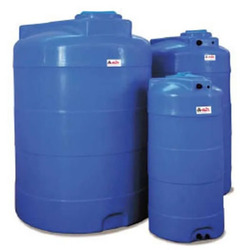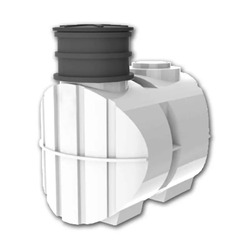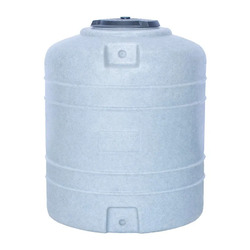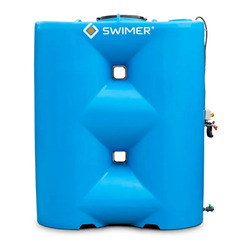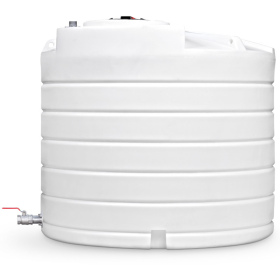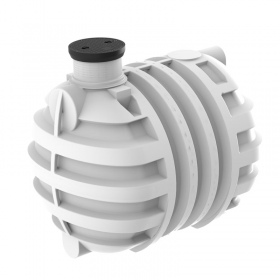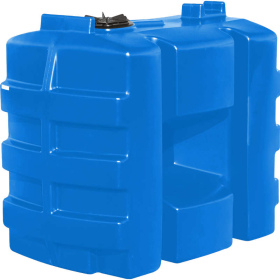Portable Water Tank Comfort-Line FUJP
- Above-ground tanks with PZH approval
- Capacities 3500l - 22000l
- Basic version and optional equipment on request
star star star star star
1 Review(s)
Price
PLN4,428.00
Regular price
PLN5,756.40
PLN3,600.00
tax excl
Lowest price: PLN4,428.00 0%

